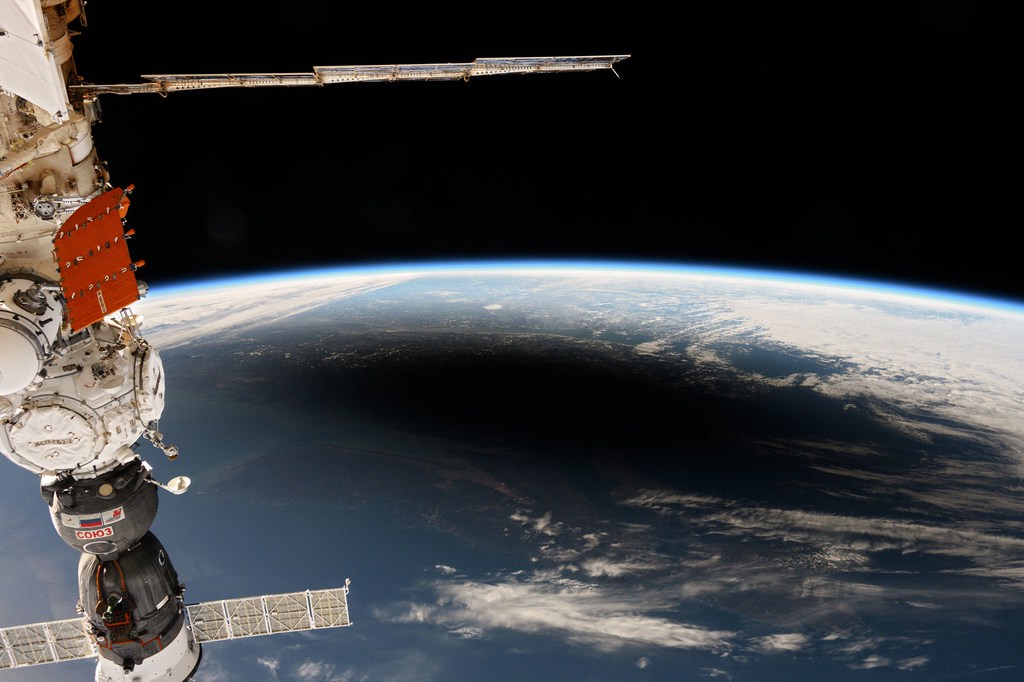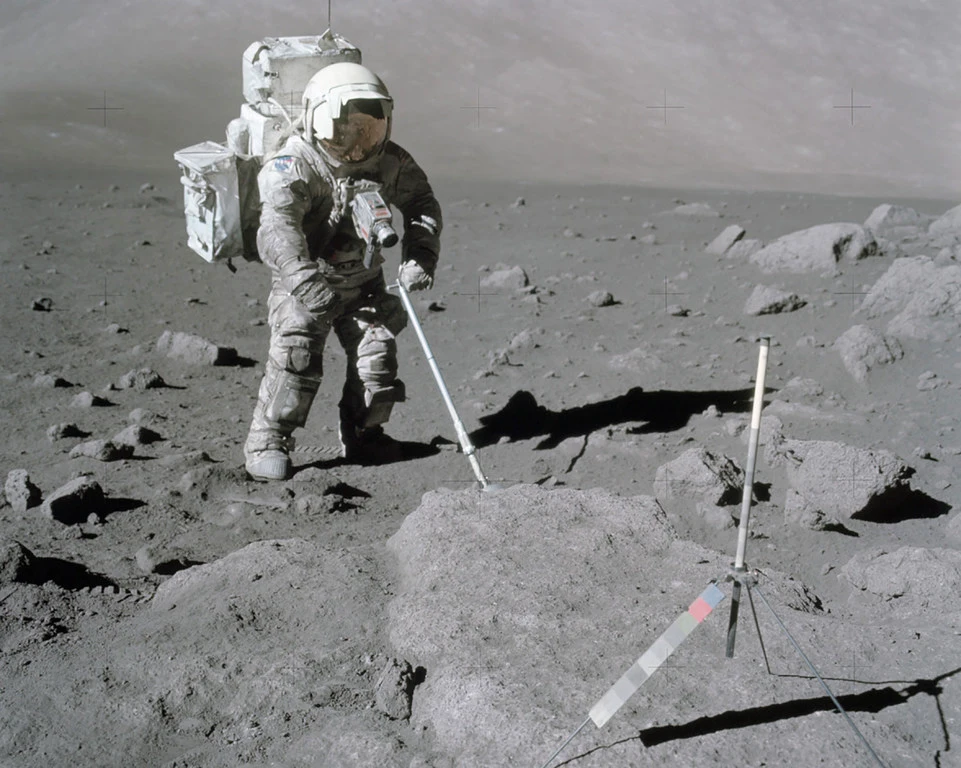What time is it on the Moon? It’s all relative… | UN News
Telling the time on the Moon is more complicated than you might think, but answering the question is becoming more important amid a resurgent interest in lunar exploration. The UN is helping to ensure the Moon is governed in a coordinated and peaceful way, and agreeing on a time zone is a central element of international discussions.
In 2024, the UN’s International Committee on Global Navigation Satellite Systems (ICG) established a dedicated working group to focus on lunar positioning, navigation and timing, standardise lunar time and trace it back to UTC that we use on Earth, for the benefit of all future lunar missions.
Peace on Earth, peace on Moon
Coordinating seamless timekeeping on the Moon is part of a broader UN mission to ensure that lunar activities, whether public, private, scientific, or commercial, are safe, peaceful and sustainable. To that end, UNOOSA convened the first United Nations Conference on Sustainable Lunar Activities in June 2024, gathering heads of space agencies, legal experts, astronauts, companies, and academics from across the globe to discuss common ground, share concerns, and reaffirm the need for transparent, inclusive lunar governance mechanisms.

One such mechanism to further international cooperation is the new Action Team on Lunar Activities Consultation (ATLAC), which is designed to help foster dialogue and formulate recommendations on how lunar exploration and activities can be coordinated internationally. ATLAC will work to finalize its workplan for the significant coming years and identify priority topics – such as coordinated lunar timekeeping – to ensure lunar activities proceed in a cooperative and orderly manner.
Humanity is entering a new era of lunar exploration featuring a record number of spacefaring nations and organizations that could reshape our relationship with our closest celestial neighbours for generations to come.
Member States will be able to work with UNOOSA to preserve the Moon as a domain of global cooperation, guided by the Outer Space Treaty’s core principle that “the exploration and use of outer space, including the Moon, shall be carried out for the benefit and in the interests of all countries.”







